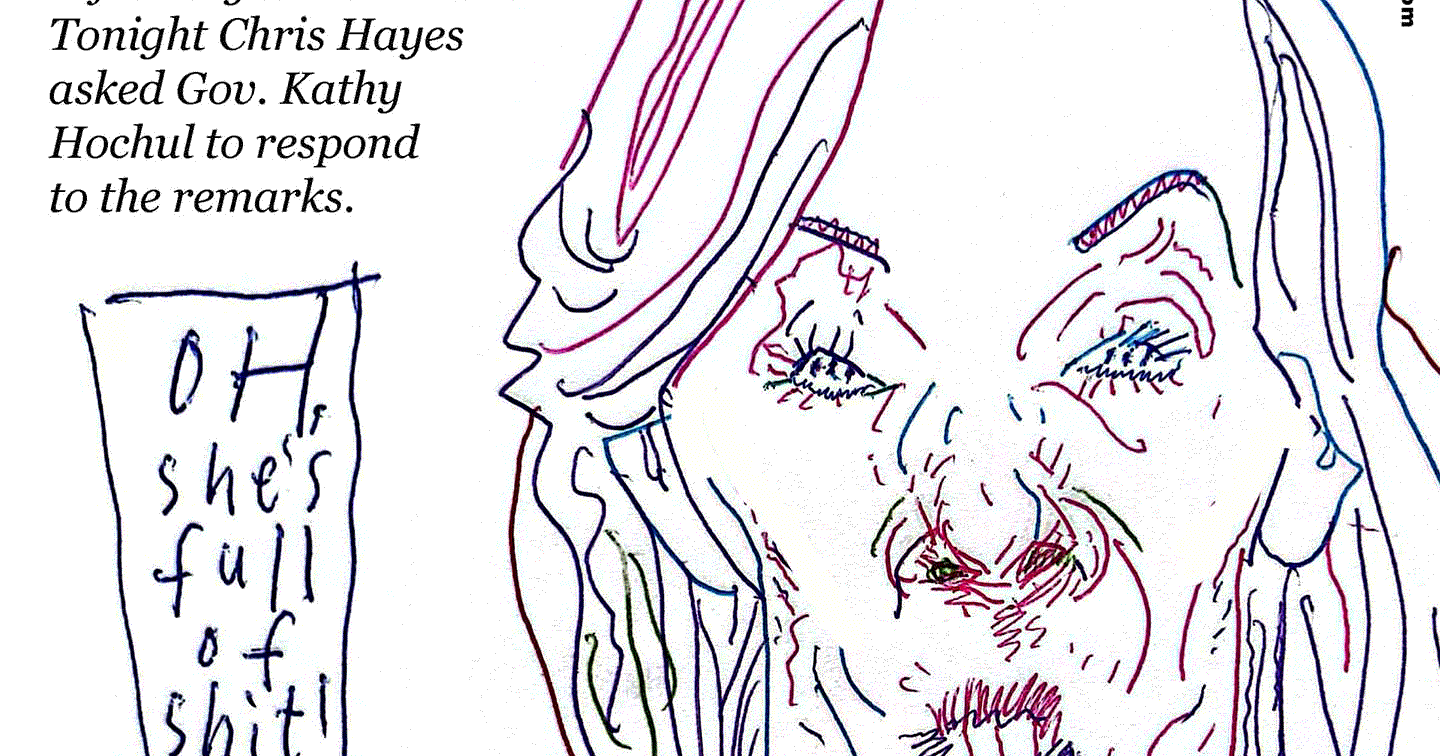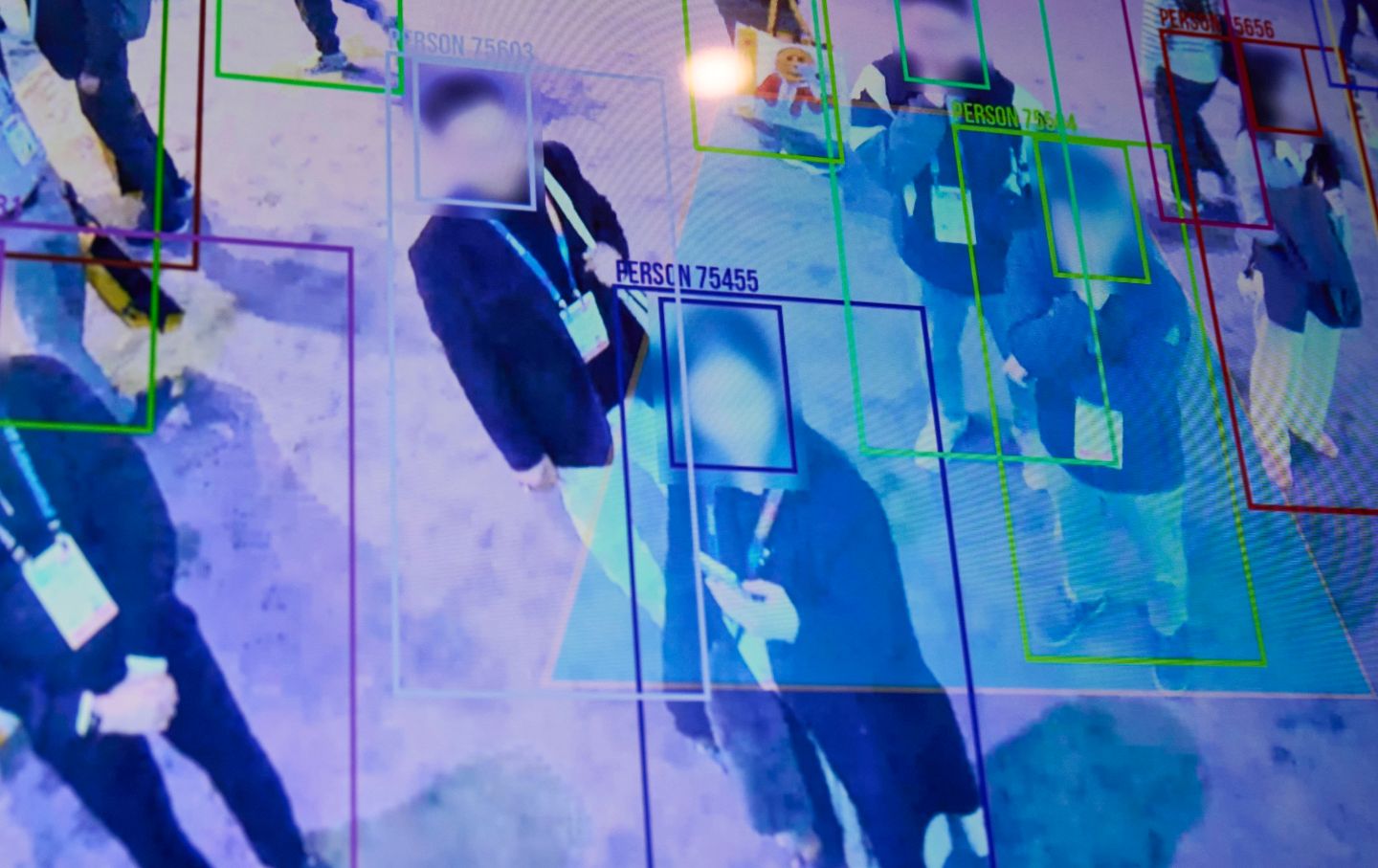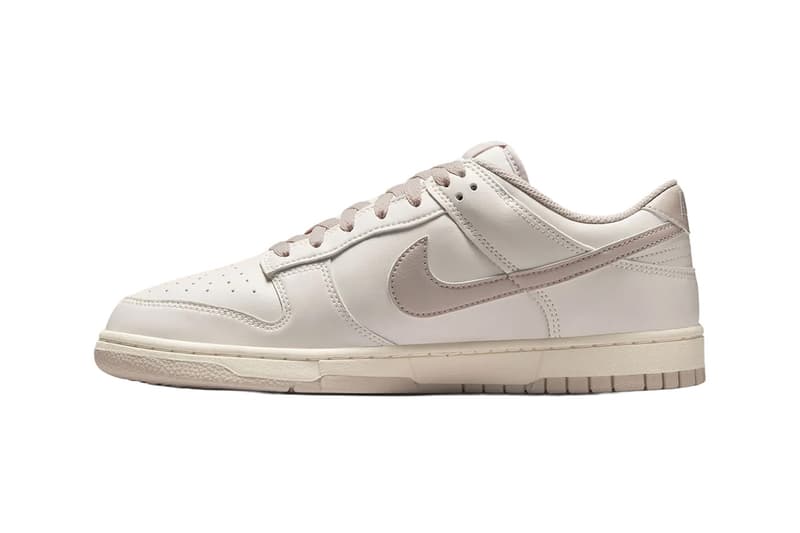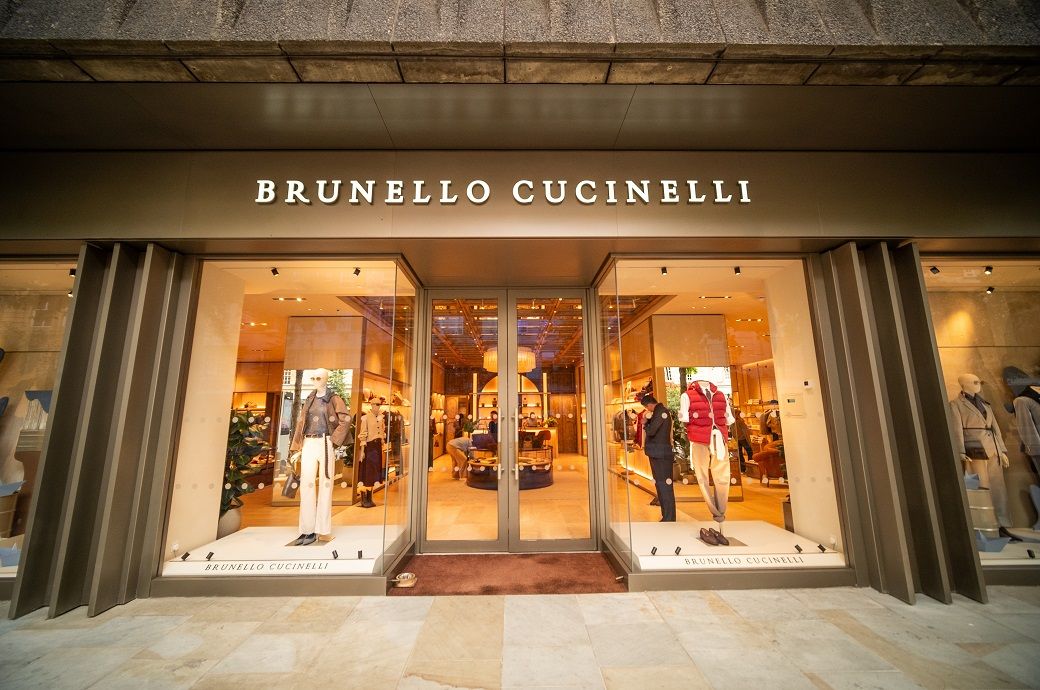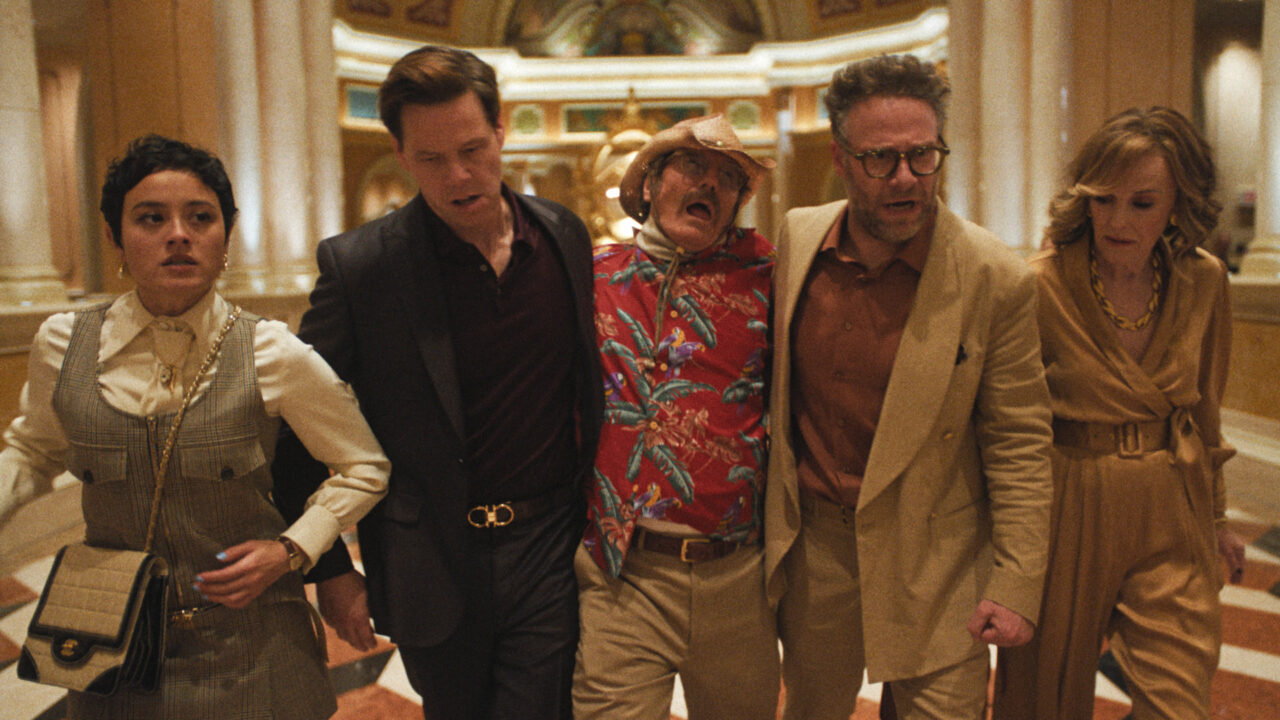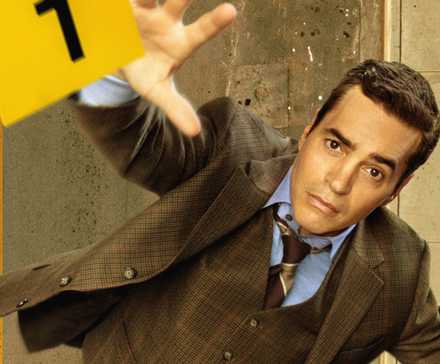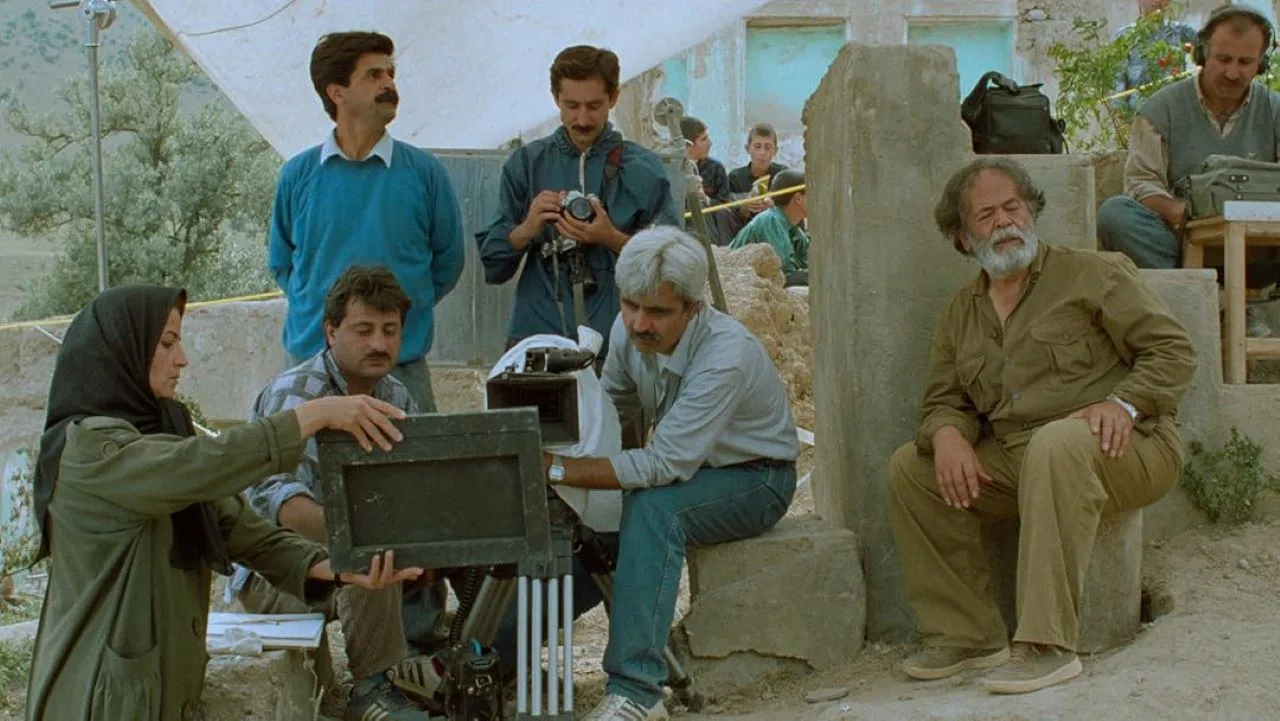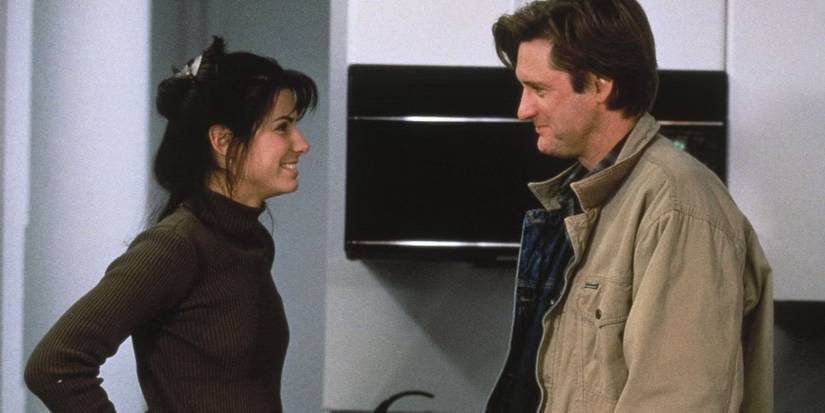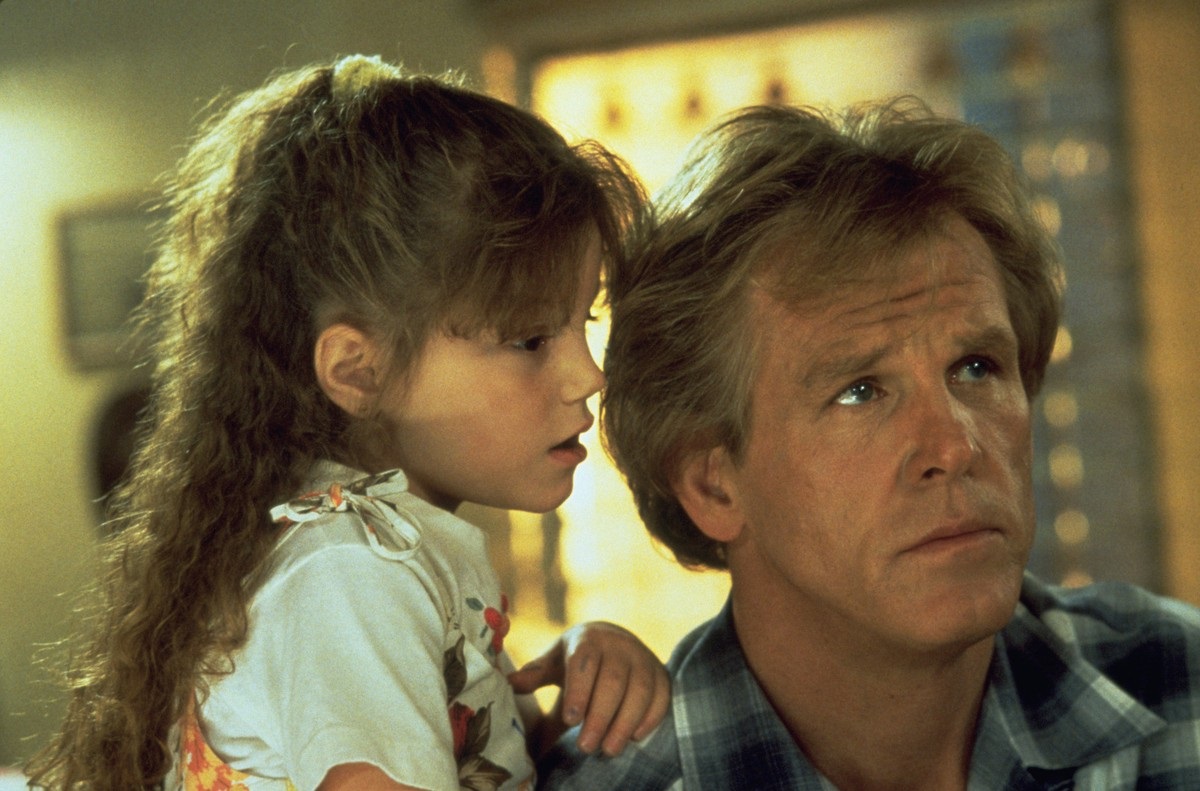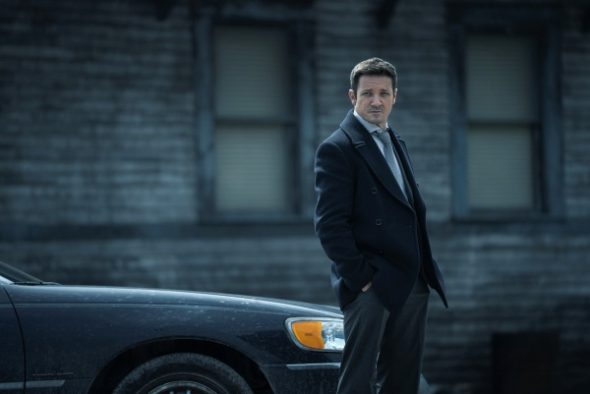[ad_1]
Yesterday was May the Fourth, a day celebrated by Star Wars nerds each year because it’s Mark Hamill’s birthday or something. It’s the second unofficial holiday of the month since Americans and Canadians have a paid day off at the end of summer thanks to the workers movement rather than May Day itself like most countries, although all of May is technically Labor History Month in the US after a symbolic gesture from Bill Clinton back in the day.
An unknown number of Canadians who eat food have chosen the month for a grassroots boycott of the country’s largest and most predatory grocery chain over off-the-charts price increases and general assholery.
Call it a makeshift rebel alliance forced to strike back at an oppressive empire with no hope of help from Ben Kenobi on the horizon. Although a better film analogy might be the scene from Finding Nemo where Albert Brooks helps fish escape from a net by urging them to collectively swim down.
A Reddit group called “Loblaws Is Out of Control,” which at last count had 71,000 members, is spearheading a campaign for people to protest with their wallets by noping out from shopping at any of the grocery giant’s many, many stores. It won’t be easy in many parts of the country as they’re often the only game in town, especially outside of major cities. My own Vancouver neighborhood, for example, has plenty to pick from within walking distance although the Loblaws is the only one open 24/7.
Retail outlets that fall under the Loblaw umbrella include No Frills, SuperValu, Freshmart, Extra Foods, Valu-Mart, Provigo, Real Canadian Superstore, Shoppers Drug Mart, City Market, T&T, and — my personal favorite for the sheer chutzpah — Your Independent Grocer.
(It’s a bit confusing: “Loblaws” plural means individual stores with the same name, “Loblaw” singular is the Ontario-based company that last week reported nearly $10 billion in first-quarter revenue, a 9.8 percent increase, while “lob laws” is a suggestion a court someday throw the book at them.)
They’ve been on a roll with bad headlines for a whole shopping list of reasons in recent years, including cutting the half-off discounts on edible food about to be thrown out and clawing back the extra two bucks an hour in so-called “hero pay” begrudgingly given to essential workers during the pandemic. But the chain’s biggest claim to shame remains being in on a half-baked scheme to artificially raise the price of bread for well over a decade.
Loblaw was one of several retailers found guilty of colluding in a price-fixing scheme that gouged shoppers more than a buck a loaf, more than double the rate of inflation in the US over the same period, after a whistleblower came forward. The pain was felt both literally and figuratively in Quebec. (Sorry not sorry.) The industry’s governing body was ultimately fined $37 million — all figures are converted into US dollars because I know who butters my bread — the largest amount of dough ever penalized after an investigation by the Competition Bureau.
Nobody went to prison, of course, because late-stage capitalism reasons, and Loblaw grand poohbahs were granted immunity for cooperating with the case.
“What does that have to do with the price of bread?” is a common expression because it’s a both staple of life and a reflection of market conditions. The ubiquitous grocer’s reputation was toast after the public learned executives lined their pockets for years while struggling single mothers had to decide if they had enough bread crumbs in their pockets to swing for PB&J sandwiches on any given week.
It’s the same reason we have the term “baker’s dozen” because bakers would historically be in trouble if loaves were too small so they’d make an extra one just to play it safe.
The Venn diagram overlap of Wonkette readers (or better yet paid subscribers) and fans of the show “Arrested Development” is considerable, so the name Loblaw may ring a bell. (If unfamiliar with it, it isn’t a new podcast about the many Trump trials but rather the story of a wealthy family that lost everything, and the one son who had no choice but to keep them all together.) Yes, the sketchy lawyer played by the sketchy Scott Baio was named after the sketchy grocery chain, according to Mel Magazine.
We have screenwriter Chuck Tatham to thank for the tongue-twister Bob Loblaw of Bob Loblaw’s Law Blog, an Ontario man who surely got a guffaw from fellow citizens on the show George Michael and Bojack Horseman.
The protest has already gathered enough steam that Loblaw has taken notice. The improbably named new CEO Per Bank told Global News “that’s something I want to fix” in face of the growing consumer revolt.
“We don’t have a contract with our customers,” said Bank, who’s banked $16 million for his services thus far after taking over the reins from embattled former in-house pitchman and CEO Galen Weston last year. “They can choose to shop elsewhere tomorrow if they don’t like the offer that we’re giving.”
Perhaps elsewhere also has cake.
The embryonic boycott may sound earnestly Canadian and just be a blip in the company’s bottom line but others are calling for more direct action. Loblaw doesn’t waste money on greeters at the door like competitors Walmart do but they may want to spring for extra security on May 12 after posters have begun appearing outside stores across the country calling for the first annual “Steal from Loblaws Day.”
This is the part where we dutifully remind you two wrongs don’t make a right, a crime is a crime, theft is bad even if a massive corporation is blatantly stealing from you, and blah, blah, blah.
[CBC / Mel / Global News]
[ad_2]
Original Source Link










